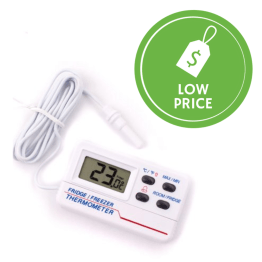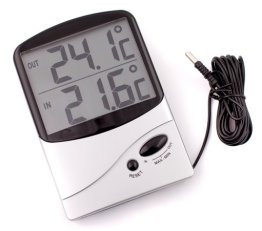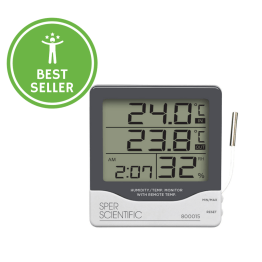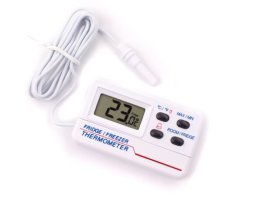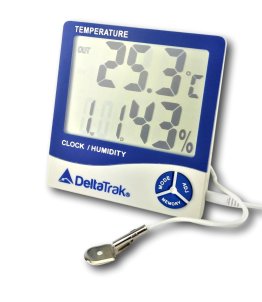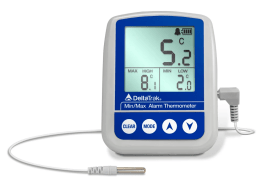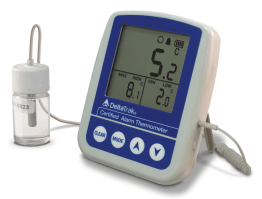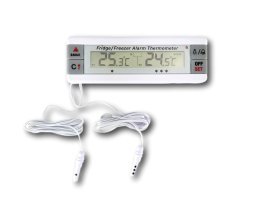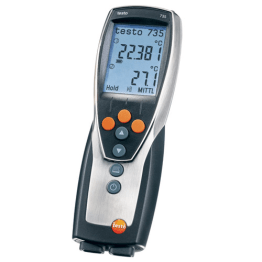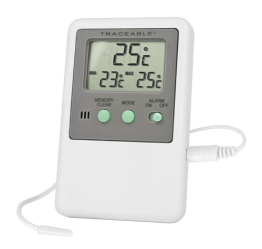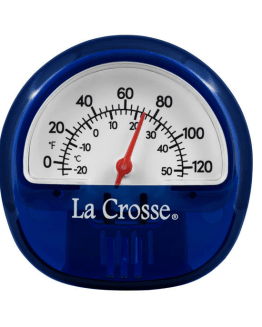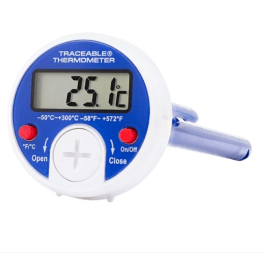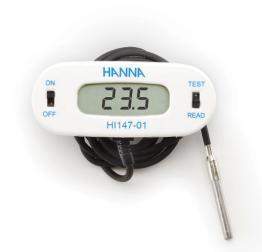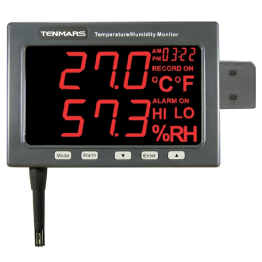Fridge-Freezer Thermometers
$31.77
AUD + GST
$34.95
AUD Inc. GST
$21.00
AUD + GST
$23.10
AUD Inc. GST
$61.00
AUD + GST
$67.10
AUD Inc. GST
$31.772
AUD + GST
$34.95
AUD Inc. GST
$78.00
AUD + GST
$85.80
AUD Inc. GST
$78.00
AUD + GST
$85.80
AUD Inc. GST
$100.00
AUD + GST
$110.00
AUD Inc. GST
Dual Display Digital Thermometer for Fridge Freezer with Dual Probes
Product code: IC-QM7322
$47.227
AUD + GST
$51.95
AUD Inc. GST
$960.00
AUD + GST
$1,056.00
AUD Inc. GST
$112.00
AUD + GST
$123.20
AUD Inc. GST
$18.14
AUD + GST
$19.95
AUD Inc. GST
$128.00
AUD + GST
$140.80
AUD Inc. GST
$117.60
AUD + GST
$129.36
AUD Inc. GST
$117.60
AUD + GST
$129.36
AUD Inc. GST
$550.00
AUD + GST
$605.00
AUD Inc. GST

